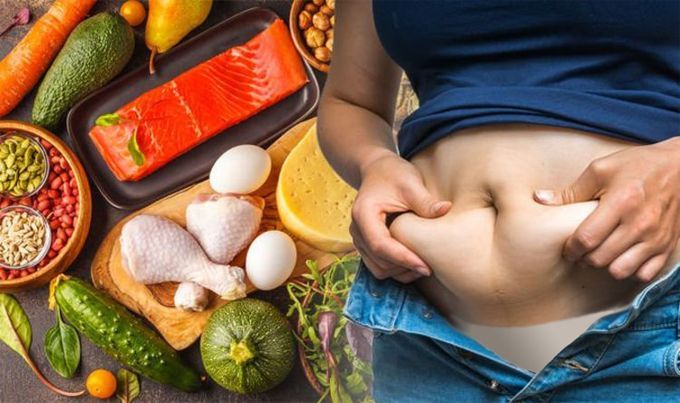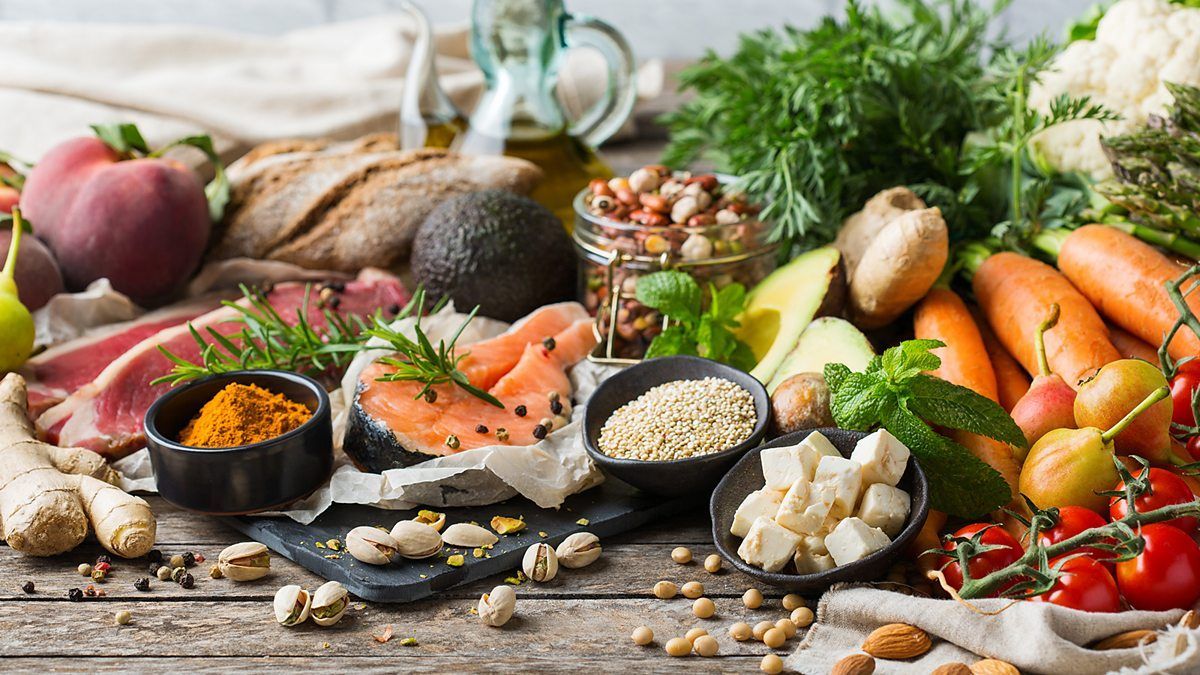3014 N. Hayden Rd, Suite 106 Scottsdale, AZ 85251
Phone:
(480) 882-8385
drjj@catalystwellnessaz.com
3014 N. Hayden Rd, Suite 106 Scottsdale, AZ 85251
Phone: (480) 882-8385
drjj@catalystwellnessaz.com
Body Fat - The dangers of having too much
Controlling Visceral Fat with Structured Nutrition in Scottsdale, Az

Controlling Visceral Fat with Structured Nutrition
Good nutrition plays a crucial role in reducing visceral fat and improving overall health. Proper nutrition can help you manage your weight, control inflammation, regulate hormones, and promote fat loss, including reductions in visceral fat. Here are several ways in which good nutrition affects visceral fat reduction:
Calorie Control: Consuming an appropriate number of calories is essential for weight management. To reduce visceral fat, it's important to create a calorie deficit by either consuming fewer calories than you burn through physical activity or increasing your physical activity to burn more calories. A balanced diet that provides the right amount of calories for your needs is fundamental to achieving and maintaining a healthy weight.
Macronutrient Balance: A balanced diet includes a combination of carbohydrates, proteins, and healthy fats. Protein is particularly important as it can help you feel full and satisfied, reducing the likelihood of overeating. High-quality protein sources, such as lean meats, fish, beans, and legumes, can be part of a healthy eating plan.
Whole Foods: Choosing whole, minimally processed foods over highly processed and refined foods is key. Whole foods are typically higher in fiber, vitamins, minerals, and other nutrients while being lower in added sugars, unhealthy fats, and sodium. Fiber-rich foods can help control appetite and stabilize blood sugar levels.
Healthy Fats: Include sources of healthy fats, such as avocados, nuts, seeds, and olive oil, in your diet. These fats can provide satiety and promote overall health. Avoid or limit trans fats and saturated fats found in many fried and processed foods.
Complex Carbohydrates: Choose complex carbohydrates like whole grains (e.g., brown rice, quinoa, whole wheat bread) and legumes (e.g., lentils, chickpeas) instead of simple sugars. Complex carbs provide sustained energy and help prevent blood sugar spikes and crashes.
Portion Control: Pay attention to portion sizes to avoid overeating. Eating mindfully and being aware of your hunger and fullness cues can help prevent excessive calorie intake.
Reduced Sugar Intake: Limit the consumption of added sugars, sugary beverages, and high-fructose corn syrup, as they can contribute to weight gain and metabolic problems.
Minimize Processed Foods: Processed foods are often high in unhealthy additives, preservatives, and hidden sugars. Reducing your intake of processed foods can contribute to better health and weight management.
Adequate Hydration: Staying well-hydrated is important for overall health and can help control appetite. Sometimes, thirst can be mistaken for hunger.
Regular Meals and Snacking: Eating regular meals and healthy snacks throughout the day can help stabilize blood sugar levels and prevent overeating during main meals.
Nutrient Density: Prioritize foods that are rich in essential nutrients like vitamins, minerals, and antioxidants. These nutrients support your body's metabolic processes and overall health.
Avoid Excessive Alcohol: Excessive alcohol consumption can lead to weight gain, particularly in the abdominal area, so moderation is key.
Remember that the effectiveness of nutrition in reducing visceral fat is often enhanced when combined with regular physical activity and a healthy lifestyle. It's also important to consult with a healthcare professional or a registered dietitian to create a personalized nutrition plan that aligns with your specific goals and needs.
Do you need nutrition coaching? Contact us today at Catalyst Wellness for a consultation for a structured eating plan to reduce your body fat.



Copyright © 2022 Catalyst Wellness. All Rights Reserved.



